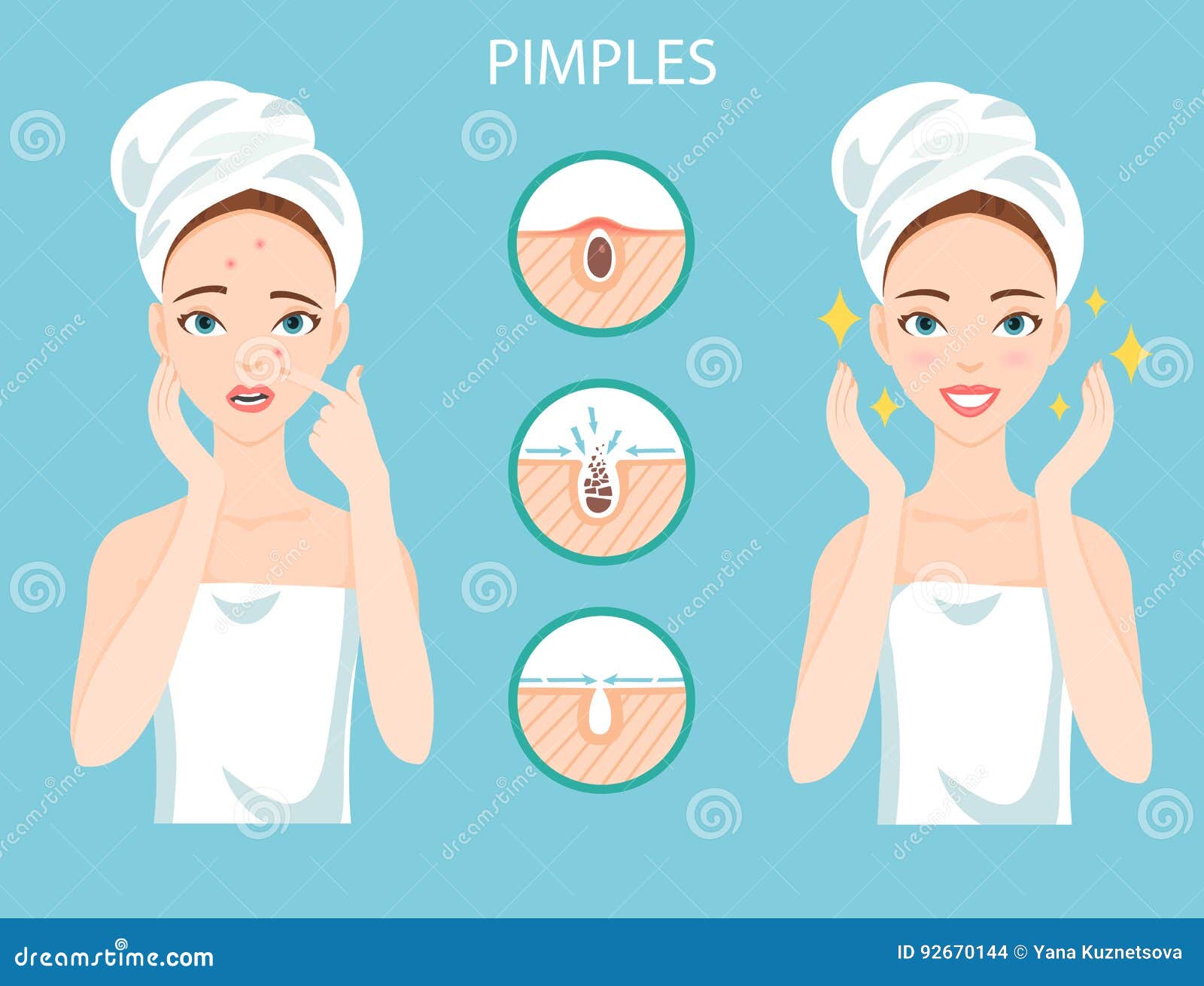Myths And Facts Concerning Acne: Debunking Common Misconceptions
Myths And Facts Concerning Acne: Debunking Common Misconceptions
Blog Article
Post Author-Kelly Beyer
You may think that enjoying chocolate or greasy foods is the source of your acne, however that's simply among lots of misconceptions swirling around this typical skin problem. Actually, acne largely originates from clogged up hair roots, not your last treat. Misconceptions like these can lead you to adopt inadequate skin care methods that might also aggravate your circumstance. As you navigate the facts behind acne, you'll discover insights that could transform your technique to skincare and help you achieve more clear skin. So, what really exists underneath the surface?
Common Myths Regarding Acne
When it pertains to acne, many people rely on common myths that can result in confusion and irritation. One prevalent myth is that eating delicious chocolate or greasy foods triggers acne. While diet can affect skin wellness, the direct link in between certain foods and acne isn't as specific as numerous think.
An additional common misunderstanding is that you should scrub your face strongly to clean up outbreaks. Actually, aggressive rubbing can irritate your skin and get worse acne.
You may likewise believe that acne just affects young adults, but adults can experience it also, commonly as a result of hormone modifications or tension. get redirected here think that sun tanning can clean up acne, however sun exposure can really result in skin damages and intensify breakouts in the future.
Last but not least, several think that using severe items will certainly get rid of acne rapidly. However, these items can strip your skin of its natural oils, leading to increased inflammation and even more outbreaks.
Scientific Information Behind Acne
Understanding the scientific realities behind acne can encourage you to tackle this typical skin disease more effectively.
Acne takes place when hair roots come to be blocked with oil, dead skin cells, and bacteria. This procedure frequently begins with an overproduction of sebum, the oil your skin naturally generates. Hormonal changes, especially throughout puberty or menstruation, can activate this excess oil.
Microorganisms known as Propionibacterium acnes grow in these clogged up pores, resulting in inflammation. When your immune system reacts, it can trigger inflammation and swelling, leading to those pesky pimples or cysts.
Genes likewise play a role; if your parents had acne, you could be much more prone to it.
Diet plan and stress and anxiety degrees can influence acne too, yet research study is still progressing in these areas. While enjoying oily foods won't straight trigger outbreaks, a balanced diet regimen can sustain your skin wellness.
Furthermore, managing stress and anxiety can reduce hormonal changes that might aggravate acne.
Tips for Managing Acne
Taking care of acne successfully calls for a mix of daily skin care practices and way of living modifications. Start by establishing a consistent skin care regimen. Clean your face two times a day with a mild, non-comedogenic cleanser to eliminate dirt and excess oil. Avoid rubbing how much is botox for forehead , as this can aggravate your skin and intensify acne.
Next off, integrate items including salicylic acid or benzoyl peroxide to help avoid breakouts. Always follow up with a light-weight, oil-free moisturizer to maintain your skin hydrated. Do not forget sunscreen; choose non-comedogenic options to secure your skin from UV damage without obstructing pores.
Beyond skincare, take notice of your diet plan. Restriction sugary and greasy foods, and focus on fruits, vegetables, and entire grains. Remaining moisturized is crucial, so beverage a lot of water throughout the day.
Furthermore, take care of stress and anxiety via tasks like yoga exercise, meditation, or exercise, as stress can activate outbreaks.
Lastly, avoid selecting or popping acnes. This can cause scarring and more inflammation. If your acne lingers, seek advice from a dermatologist for personalized therapy options.
Conclusion
Finally, it's essential to different reality from fiction when it comes to acne. By debunking usual misconceptions, you can better recognize your skin and make educated choices for your skincare routine. So, why continue to rely on out-of-date ideas when the truth can encourage you? Accept healthier routines, focus on mild cleaning, and keep in mind that handling acne is a journey. With the appropriate knowledge, you're one action better to clearer, much healthier skin.
